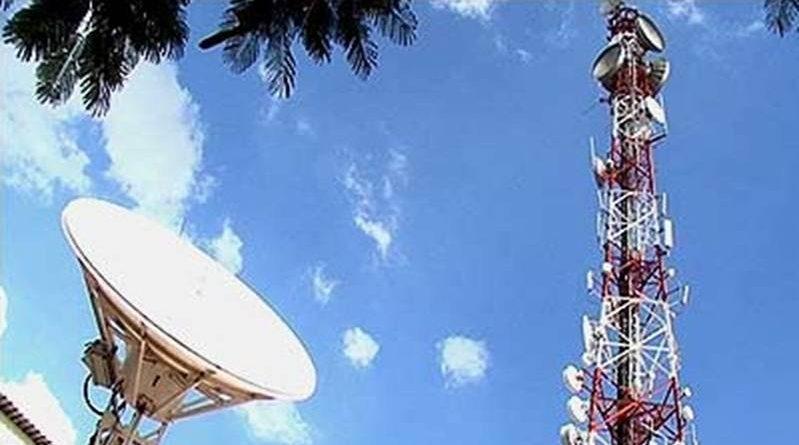Teledensity in Nigeria falls as voice and internet subscriptions grows
The Nigerian Communications Commission (NCC) has recently released its latest telecommunications statistical indicators, revealing a significant increase in active voice and internet subscriptions in Nigeria. These indicators have been adjusted to align with international best practices and reflect the latest population growth figures. The adjustments were made based on the Nigerian Population Commission’s projection of Nigeria’s population, which is estimated to be 216,783,381 as of 2022, replacing the previous projection of 190 million people in 2017.
As a result of these adjustments, the teledensity in the country has decreased from 115.63% to 102.30% in September. Similarly, broadband penetration has also witnessed a decline from 45.47% to 40.85% during the same month. However, there has been a slight increase in active voice subscriptions, rising from 220,715,961 to 221,769,883 as of September 2023. Internet subscriptions have also experienced a marginal growth, increasing from 159,034,717 in August 2023 to 160,171,125 in September 2023.
Moving on to October 2023, the industry observed a 0.19% growth in active voice subscriptions, while teledensity remained at 102.49%. Internet subscriptions also saw a 0.60% increase compared to September 2023.
In November of the same year, the industry continued to witness growth in active voice subscriptions, with a 0.46% increase. Teledensity stood at 102.97%, and there was a 0.57% rise in internet subscriptions compared to October 2023. Teledensity serves as an index prescribed by the International Telecommunications Union (ITU) to measure telephone penetration in a population, indicating the number of telephone lines per 100 individuals in the population.
The Commission’s adjustment aligns with Section 89 Subsection 3(d) of the Nigerian Communications Act 2003 (NCA 2003), which mandates the Commission to monitor and report on the state of the Nigerian telecommunications industry. This includes providing statistical analysis, identifying industry trends, and addressing issues of competition related to services, tariffs, operators, technology, subscribers, and more.
Dr. Aminu Maida, the Executive Vice Chairman of the NCC, emphasized the significance of the nation’s telecom statistical adjustment process. He stated that it is a necessary measure to ensure the accuracy and integrity of data collected, compiled, and published by the Commission regarding the Nigerian telecom industry. This adjustment will enable the Commission to effectively measure its progress in achieving targets outlined in the Strategic Plan for the Federal Ministry of Communications, Innovation, and Digital Economy. These targets include increased broadband penetration rates, improved quality of service, and expanded population coverage.
Furthermore, Dr. Maida highlighted that this data is valuable not only for the International Telecommunications Union, of which Nigeria is a member, but also for other development agencies, operators, investors, multilateral agencies, and the general public. It serves as a reliable source of information for various stakeholders and contributes to informed decision-making and planning in the telecommunications sector.




